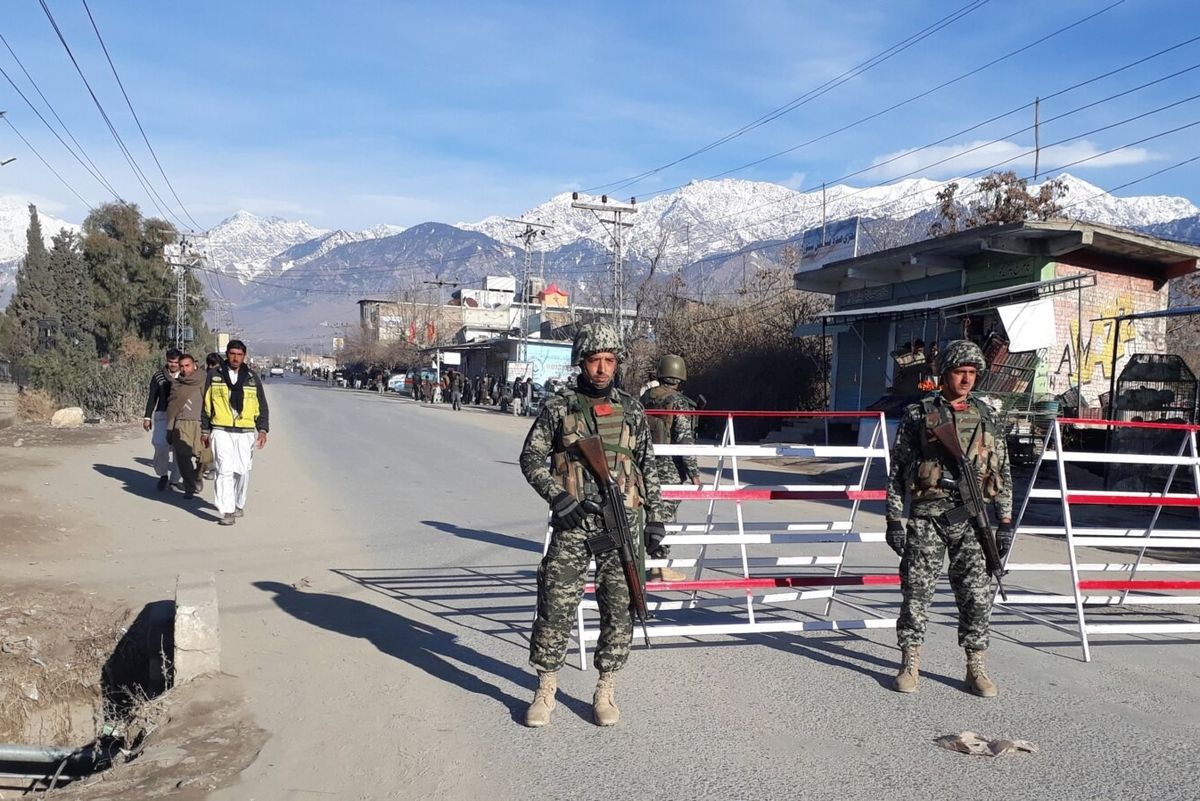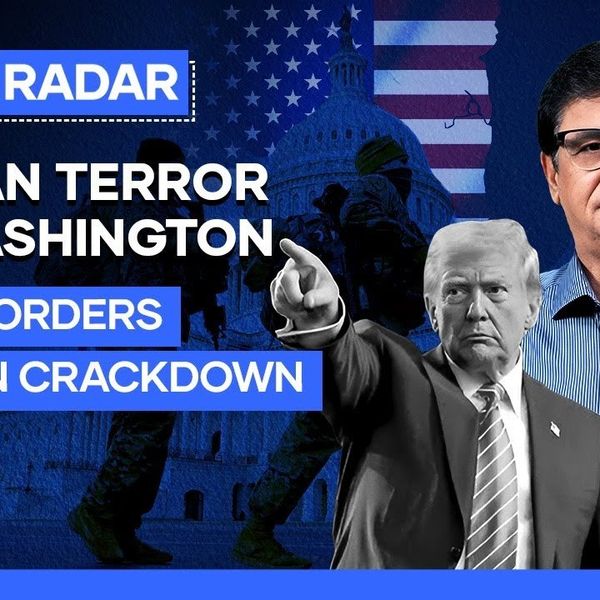AFP
News Agency Partner
AFP is a renowned international news agency, delivering comprehensive and reliable reporting on global events, trends, and issues.
News Desk
The News Desk provides timely and factual coverage of national and international events, with an emphasis on accuracy and clarity.

Pakistani soldiers stand guard at a checkpoint in Parachinar, capital of the Kurram district, on January 22, 2017.
AFP
The Kurram district has a history of bloody confrontations between tribes belonging to the Sunni and Shia communities
July clashes over land involving the same tribes killed 35 people and ended only after a jirga called a ceasefire
The death toll from ongoing sectarian clashes in Pakistan’s Khyber Pakhtunkhwa province has risen to at least 37, with more than 150 injured in fighting that has raged for a sixth straight day, a local official told AFP on Friday.
The Kurram district, formerly a semi-autonomous area, has a history of bloody confrontations between tribes belonging to the Sunni and Shia communities that have claimed hundreds of lives over the years.
July clashes over land involving the same tribes killed 35 people and ended only after a jirga (tribal council) called a ceasefire, with officials attempting to broker a new truce.
Fighting involving heavy weaponry has continued in 10 areas of the district despite efforts by security forces and locals to reach an agreement, an official posted in Kurram told AFP requesting anonymity.
"What began as a land dispute has escalated into a full-fledged sectarian clash involving the use of automatic and semi-automatic weapons, as well as mortar shells," he said.
He added that 37 people had been killed and another 153 wounded. Another security official, stationed in the provincial capital Peshawar, added that "28 houses have been damaged".
What’s the issue?
According to the Human Rights Commission of Pakistan (HRCP), the Kurram district has a history of sectarian conflict between Sunni and Shia communities and has also faced militancy during the past decade, with frequent attacks by TTP and other armed groups targeting the Shia community.
The rights organization urged the government to help broker peace in the area where, it added, “violence has taken a heavy toll on ordinary citizens”.
“HRCP calls on the KP government to ensure that the ceasefire being brokered, holds. All disputes, whether over land or born of sectarian conflict, must be resolved peacefully through negotiations convened by the KP government with all stakeholders represented,” it said in a statement on July 29.
The Kurram district has a history of sectarian conflict between Sunni and Shia communities and has also faced militancy during the past decade, with frequent attacks by TTP and other armed groups targeting the Shia community.
The Human Rights Commission of Pakistan (HRCP) urged the government to help broker peace in the area where, it added, “violence has taken a heavy toll on ordinary citizens”.
“HRCP calls on the KP government to ensure that the ceasefire being brokered, holds. All disputes, whether over land or born of sectarian conflict, must be resolved peacefully through negotiations convened by the KP government with all stakeholders represented,” it said in a statement on July 29.
Speaking to Al Jazeera in August, Mehmood Ali Jan, a member of the local peace committee said the conflict erupted between Maleekhel, a Shia-majority tribe, and Madgi Kalay, a Sunni-majority tribe, over a piece of land in Boshehra village, 15 kilometers (9 miles) south of Parachinar.
"It was agricultural land originally owned by the Shia tribe, which they had leased to the Sunni tribe for farming. The lease was supposed to end in July, but when the time came, they refused to return the land, sparking the fighting," Jan said.
Jan added that the local peace committee, which included members of both Shia and Sunni tribes, immediately tried to defuse the situation and urged the government to intervene. However, he claimed the government's response was delayed.
"The state was absent at first, which allowed the fighting to escalate. Despite the heavy presence of military and paramilitary personnel in the area, they didn’t send in forces or police," Jan alleged.
However, Nisar Ahmad Khan, the district police officer, refuted accusations of government inaction, saying authorities responded swiftly once the fighting began. He acknowledged that limited manpower and challenging terrain slowed the response.









Comments
See what people are discussing